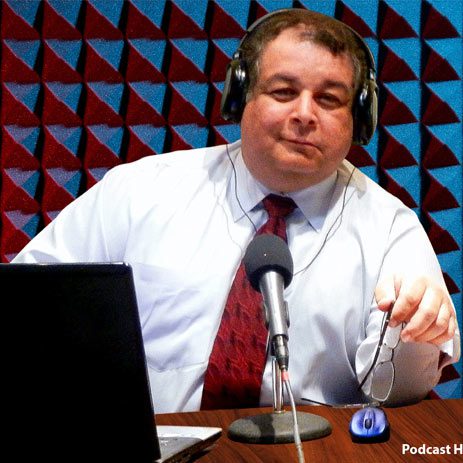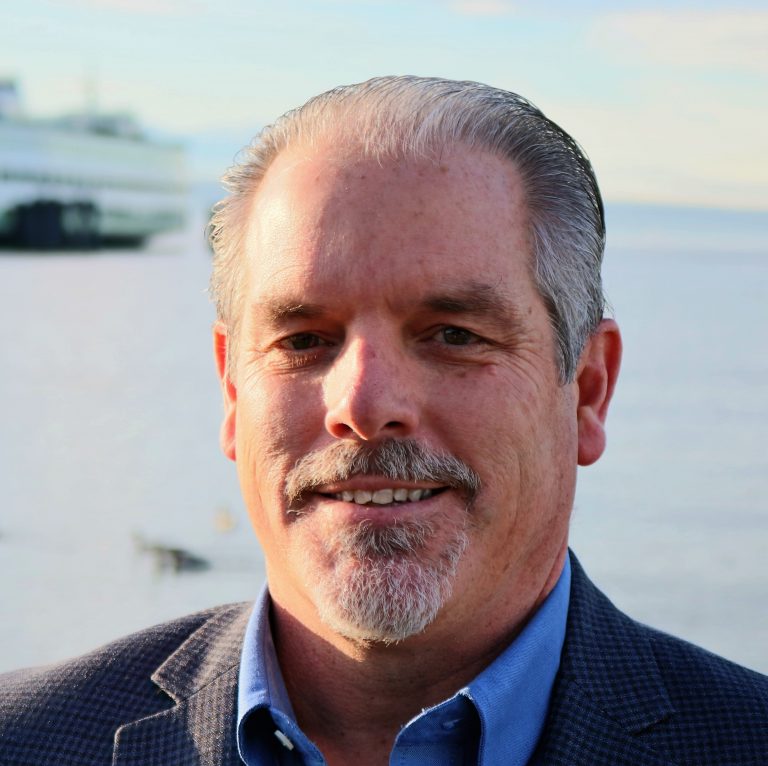There’s a Plan for Us
Photo by Unsplash+ in collaboration with Getty Images
As the number of older adults in the U.S. continues to rise steadily, much like the sea levels, you may be happy to learn that someone in Washington wants to do something about it.
A consortium of 16 federal agencies and departments (an impressive achievement in itself!) plus three private foundations have issued a report called Aging in the United States: A Strategic Framework for a National Plan on Aging.
Note that this is not a national plan. It is merely the framework for a plan. Let’s not get ahead of ourselves.
But the report is still significant, because it tries to look at the issues facing older adults in a holistic fashion. The number of federal agencies collaborating on the report is an accurate indicator of just how fragmented and piecemeal current approaches are.
The report was authorized by Congress in 2020 when it passed an updated Older Americans Act. The project did not receive funding, however, until fiscal year 2023.
And while it is not a plan, the report attempts to lay the groundwork for a comprehensive national plan to address the varied needs of older adults, who will comprise 22% of the U.S. population by 2035 (up from 17% today).
Priorities
The report identifies needs in four main priority areas:
1. Age-Friendly Communities: Everyone benefits by living in places designed to encourage their physical health, Mental Health, well-being, and engagement. Age-friendly communities also mean places where older adults feel safe. The report notes that many organizations, including state departments of aging, are working toward related goals such as Employment, financial Security, transportation, volunteer opportunities, and social connections.
2. Coordinated Housing and Supportive Services: One in six older adults spends more than 50% of their income on housing. Despite numerous federal affordable housing programs for older adults, many cannot find and/or maintain affordable, accessible, and quality housing. Addressing the problem will require coordination across federal, state, and local government agencies and public and private partnerships to ensure more streamlined access to housing and services.
3. Increased Access to Long-Term Services and Supports: Most Americans underestimate their risk for developing a disability and needing long-term services and supports. For those who turned 65 in 2022, the chances are about 50-50, and 22% will have a disability requiring care for five years or longer. These older adults and their family caregivers need easy access to affordable, high-quality services and supports. Unfortunately, today more than three-quarters of Home and Community Based Services providers turn down referrals because they are unable to hire and retain staff. These pressures, in turn, affect family caregivers who must take on even more – and ever more complex – Caregiving responsibilities. Older adults and their caregivers also often serve as their own care navigators, lost in a disjointed network of programs and services.
4. Aligned Health Care and Supportive Services: A fragmented health care system has insufficient alignment between and across various providers to share relevant information, facilitate access to needed services, and coordinate care across delivery settings. Although the United States spends more on health care than any other developed country, this investment does not always deliver positive health outcomes for older adults.
The next step is to trot the report around for a series of listening sessions in Pennsylvania, Alabama, and Texas to get reactions and suggestions from older adults and caregivers. “We want everybody to kick the tires on this strategic framework to see what they think,” said Lindsay Goldman, CEO at Grantmakers in Aging, in an interview with Next Avenue.
In addition, there’s an online survey about aging in America, accessible here with a September 15 deadline for responses.
Meanwhile the Older Americans Act requires states to create and implement statewide plans for aging, and 24 states are developing their own master plans or “multisector plans.”
Who’s Paying?
Aye, there’s the rub.
No one expects the lofty goals of the strategic framework or a subsequent national plan to be achieved by osmosis. Money is the catalyst, and that is in the hands of Congress. In the current Congress, deadlocked and divided, funding for aging initiatives stands little to no chance. What Congress looks like after the November elections may indicate the likelihood of the plan going forward.
The report’s creators hope to generate momentum for a 2025 White House Conference on Aging. Whether that happens is also a political question.
The creators of the report intend “to spark dialogue and consideration” at all government levels about “how we can leverage our collective strengths across the private and public sectors to make our inclusive vision for aging in America a reality.” Out of that discussion, they hope “to build a national movement that inspires tangible actions and makes a difference.”
Now wouldn’t that be something!

























